Navigating Japan’s Regulatory Landscape
- Kenji Utsumi





Part02:In recent years, various countries have repeatedly strengthened their export control regulations with the primary goal of bolstering economic security, while concurrently imposing sanctions, including export controls, in response to the Russian-Ukraine situation.
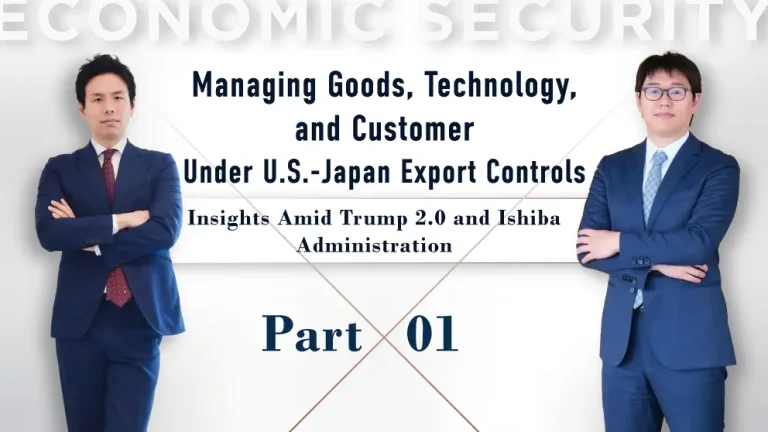
Part01:In recent years, various countries have repeatedly strengthened their export control regulations with the primary goal of bolstering economic security, while concurrently imposing sanctions, including export controls, in response to the Russian-Ukraine situation.
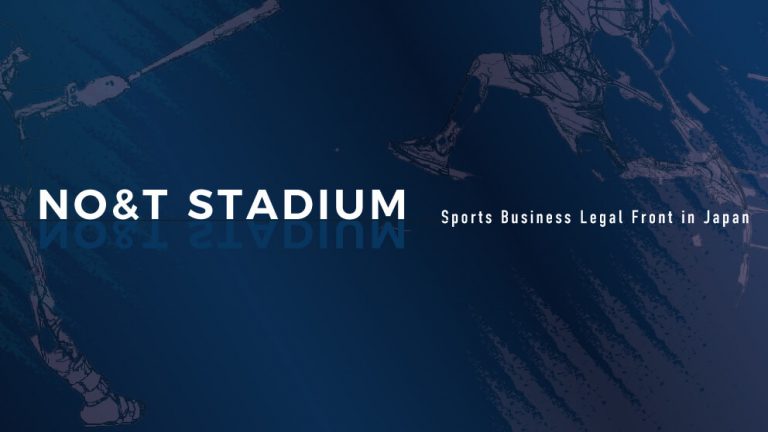
NO&T STADIUM Sports Business Legal Front in Japan To assist our clients in the rapidly expanding and diverse sports and e-sports industries, we provide legal advice and solutions on complex business and regulatory issues involving these industries. play ball The sports industry is growing globally and becoming more international. Mainly because consumers now prefer experiences over products,
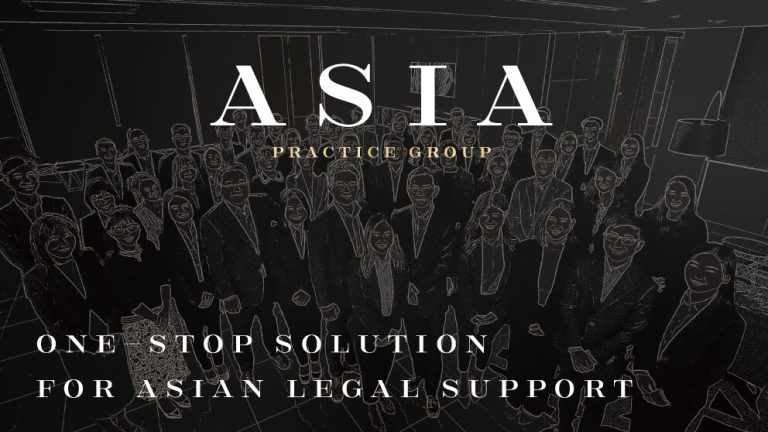
We handle a wide range of investment projects throughout Asia, from small-scale to complex cross-border projects. This article examines the latest trends in investment in Asia and features the insights our lawyers from each office with extensive experience in this area.
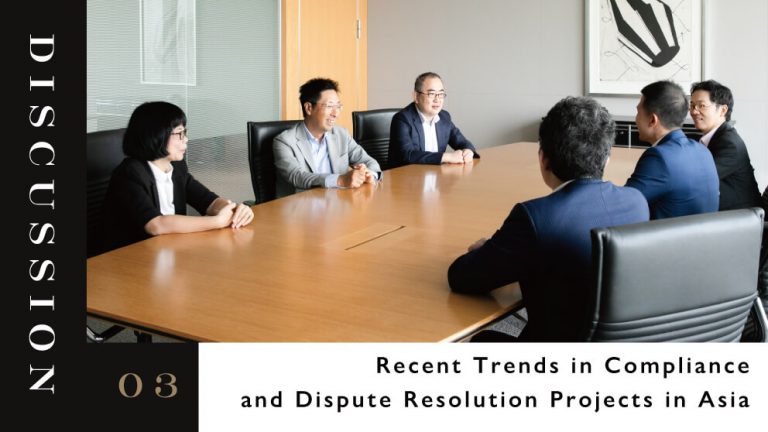
Our firm is involved in a variety of cases related to compliance and disputes, including the daily implementation of compliance measures such as the establishment of cross-regional compliance systems, response to incidents such as corruption and misconduct, and compliance with the Personal Information Protection Act. This article summarizes the discussion of the latest trends in compliance and dis

Our firm is engaged in a wide range of real estate development projects in various regions of Asia, with a focus on China, India, Vietnam, Thailand, Indonesia, the Philippines, Malaysia, and Australia. These projects include a variety of asset types, such as residential condominiums, logistics facilities, hotels, and shopping malls, as well as large-scale regional development projects, including t
Access carefully selected content, including online seminars, members-only newsletters, and past seminar materials that cover a variety of in-depth topics.
*Currently, “Legal Lounge” members only content is mainly in Japanese. We will post content in other languages in due course.

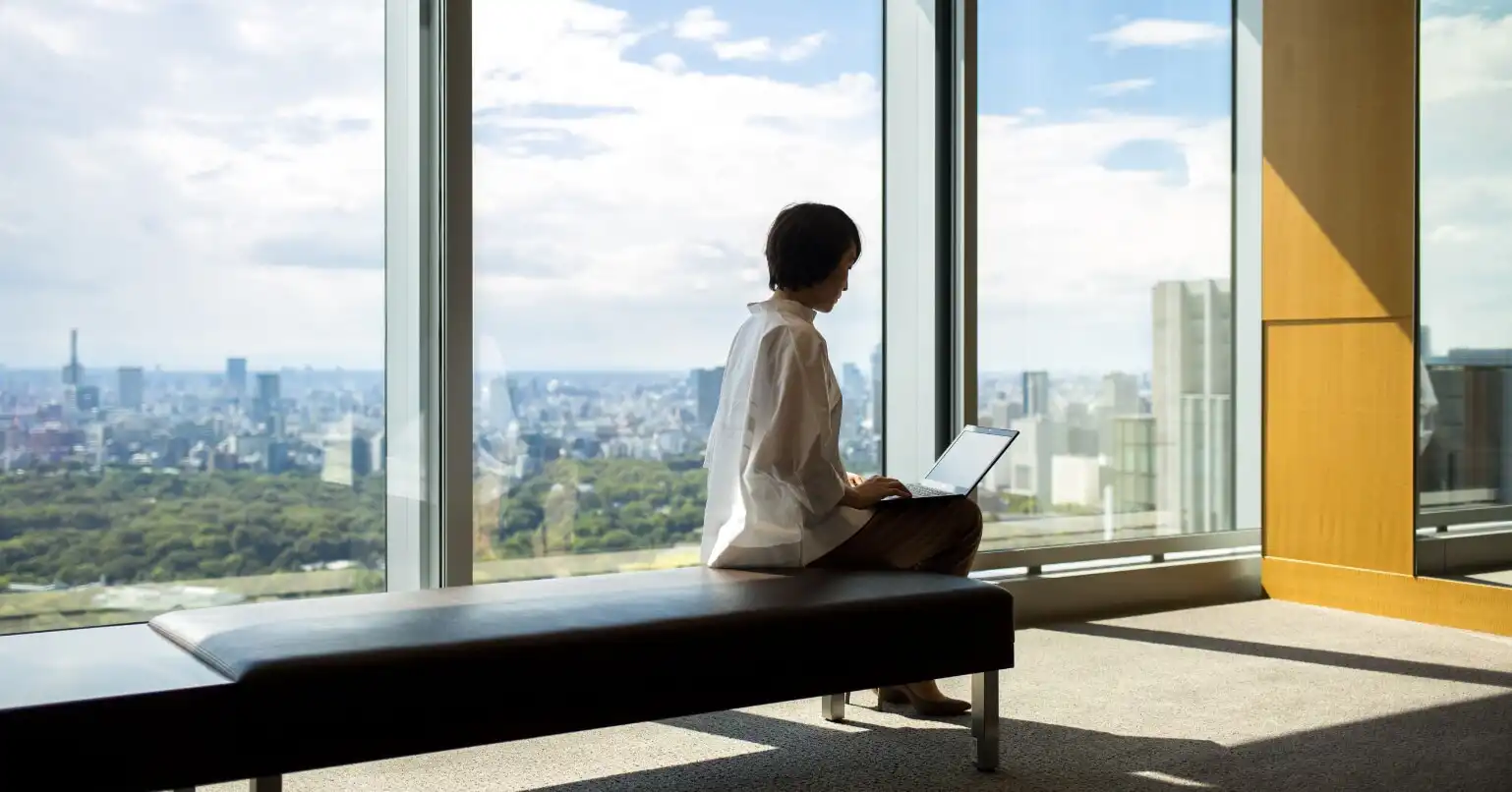
We regularly hold seminars and offer lectures through various formats, such as online streaming.
With one of the largest legal teams in Japan, we bring a wealth of practical knowledge focused on the singular purpose of providing high quality legal services.
We have structured and negotiated many of Japan’s largest and most significant corporate and finance transactions, and have extensive litigation expertise spanning key commercial areas. We also have tremendous experience in the international arena.

In addition to a network of leading law firms worldwide, we boast seven overseas locations, enabling us meet our clients’ wide-ranging needs promptly and attentively.
